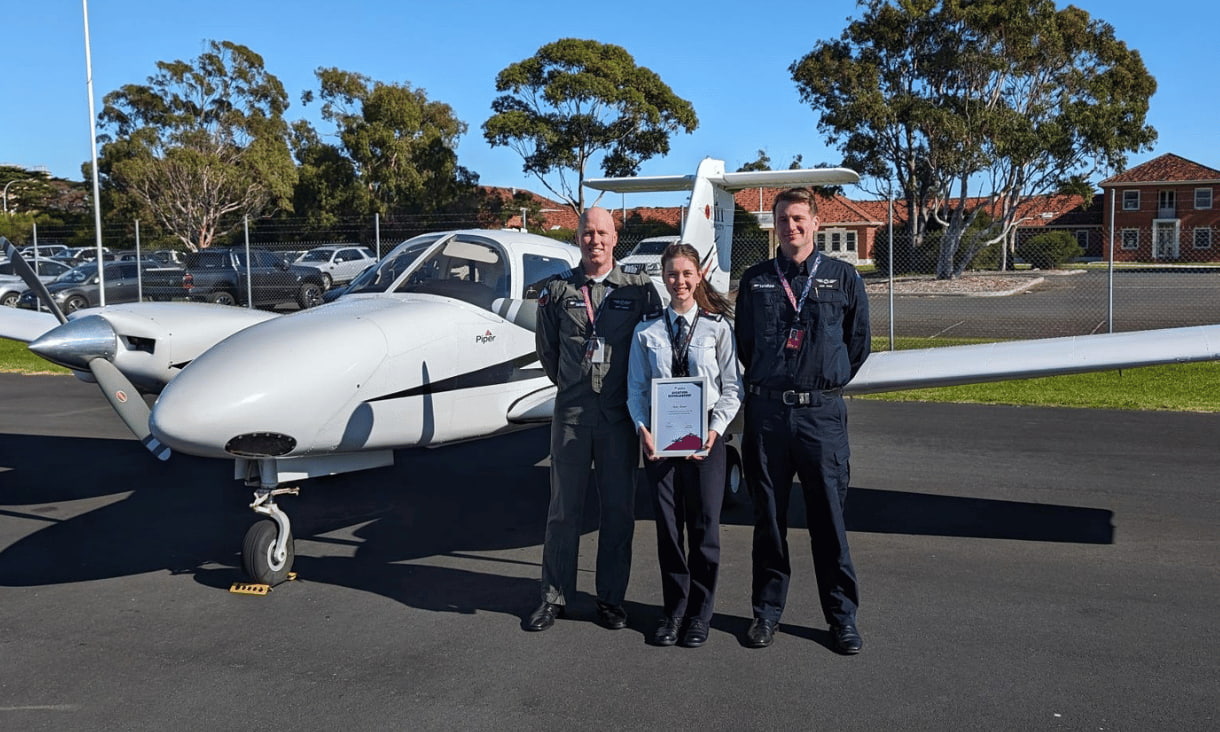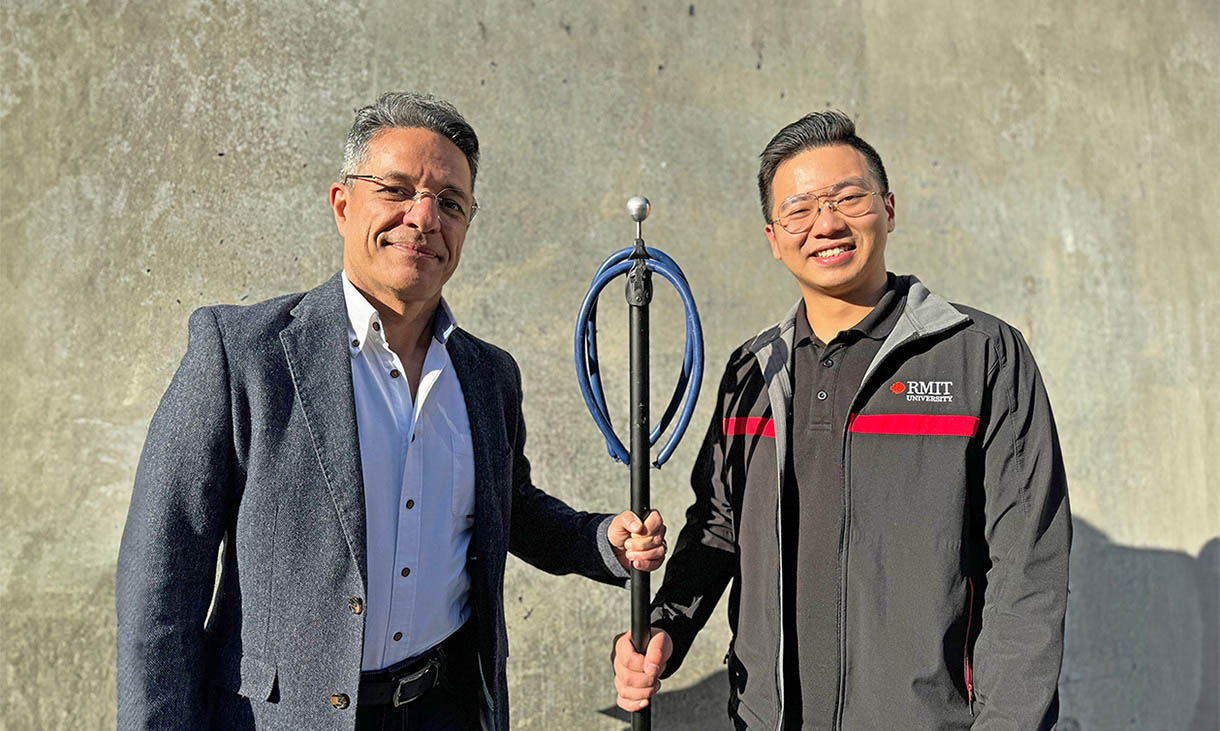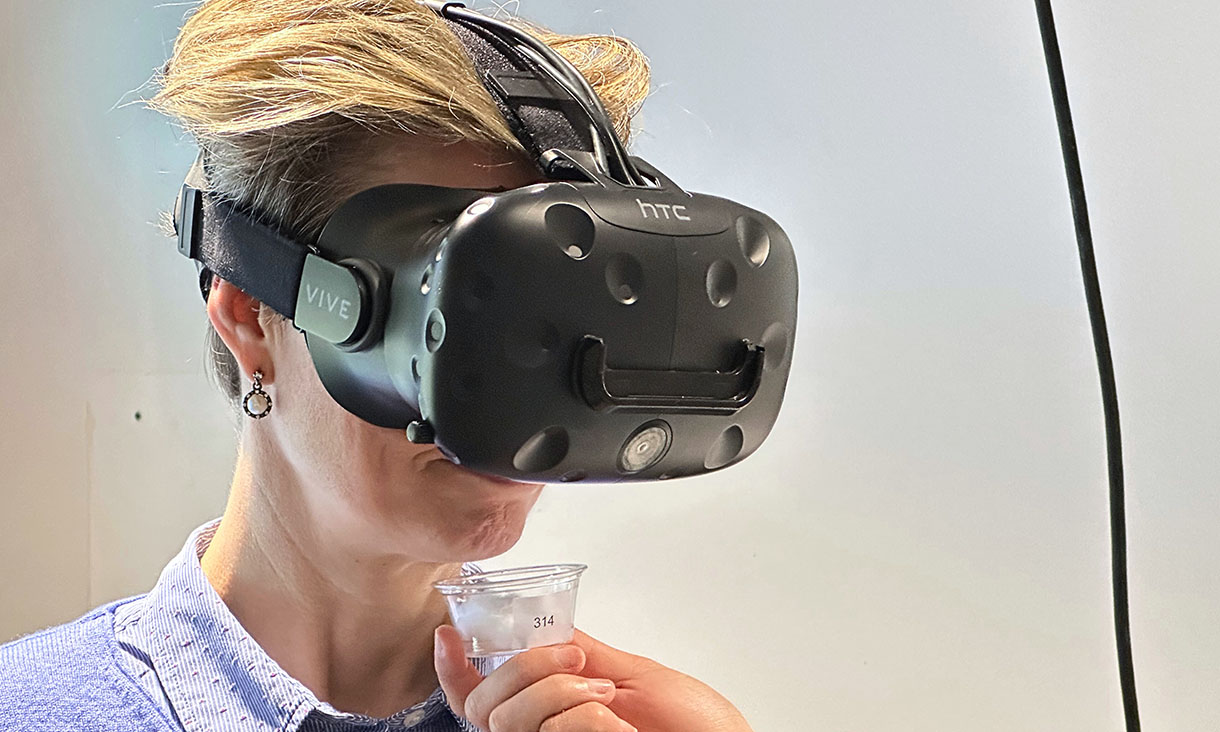Associate Professor Mark Gregory, telecommunications expert
“The 3G shutdown has been controversial.
“There are ongoing concerns about how the 3G shutdown will affect consumers, particularly people in regional and remote areas, including First Nations communities.”
“It was only after concerns were raised about the number of people and devices, including medical devices, that would lose connectivity that the federal government established a working group to explore how the impact of the 3G shutdown could be minimised.”
Dr Mark Gregory is an expert in telecommunications, security and networking. Mark has worked with media for more than 20 years to help explain matters related to the telecommunications industry.
Dr Daniel Featherstone, Senior Research Fellow
“There has been extensive publicity since the closure of 3G networks was first announced in 2019. However, there is still low awareness of this among First Nations people living in remote communities and homelands.
“RMIT research found remote First Nations people have a high reliance on pre-paid mobile services as their primary means of phone and internet access. In most cases, it is also the most affordable service.
“The closure of 3G may impact those small communities and homelands that are currently reliant on 3G, especially for emergency communications. This will have a bigger impact to those who live or work outside of current 4G coverage footprints, or who travel or engage in hunting or cultural activities.
“Telstra and Optus said they would upgrade and expand 4G coverage before they switch off 3G. However, there is a risk that some households are left without a service. And there is currently no formal process for people to report blackspots.“
Dr Daniel Featherstone leads the four-year ‘Mapping the Digital Gap’ research project on digital inclusion in remote First Nations communities.
***
General media enquiries: RMIT External Affairs and Media, 0439 704 077 or news@rmit.edu.au




